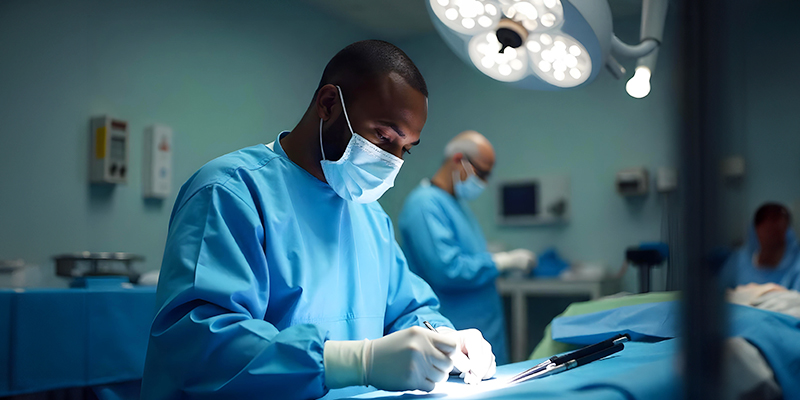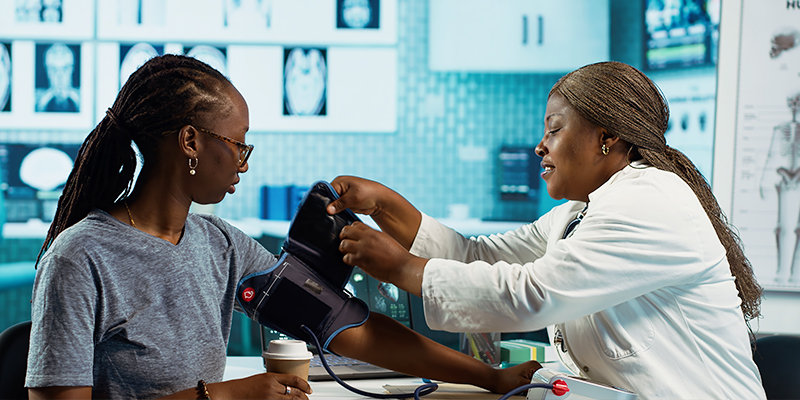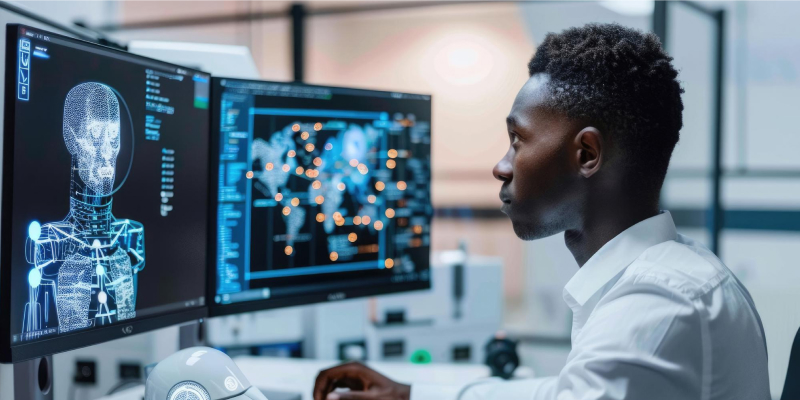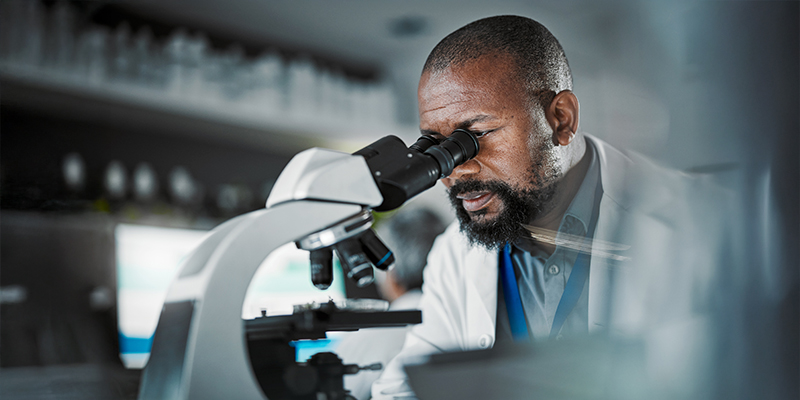Prostate cancer originates from the gland cells of the prostate and is one of the most common cancer types in men. The prostate is a gland located between the bladder and the penis and it is responsible for producing the seminal fluid. It also helps to aid urine control and secretes a protein (prostate-specific antigen or PSA) that helps in the dissolution of the seminal fluid. Though the number of men diagnosed with prostate cancer every year is high, survival rates are also equally high since its treatment is quite effective, especially when the condition is diagnosed at the early stages. Find below everything you need to know about prostate cancer.
Causes of Prostate Cancer
Prostate cancer develops when the glandular cells present in the prostate undergo certain changes and become cancerous, eventually. Exact factors that may trigger these changes are not known yet, however, certain factors are known to increase the chances of developing prostate cancer. These include:
- Advancing age: People older than 45 years are at a higher risk while younger than that rarely develop the condition.
- Ethnicity or race: Some stats indicate that black men are at a higher risk as compared to both, Asian and white men.
- Family history: Men with a family history of prostate cancer have higher chances of developing it, i.e. if a man has a family member or a close relative who has been diagnosed with the condition in the past, the man would also be more likely to get it themselves.
- Congenital and genetic factors: Mutations in certain genes and congenital factors like being born with Lynch syndrome may lead to prostate cancer even at a younger age.
- Other factors: Though enough scientific evidence is not available yet, factors like vasectomy, STIs, prostate inflammation, exposure to harmful/toxic chemicals, smoking, obesity, and unhealthy diet may also add to the risk.
Prostate Cancer Symptoms
In most cases, prostate cancer does not lead to any symptoms at its early stages and even when it does, the symptoms are generic and can be related to many other lesser-critical conditions. Such symptoms include:
- Blood in urine or semen
- An urge to urinate frequently, especially at night
- Difficulty or pain in urination
- Erectile dysfunction
- Pain in ejaculation
- Discomfort or pain when sitting (in cases of an enlarged prostate)
At advanced stages, below-mentioned symptoms may appear:
- Bone pain, especially in areas like hips, thighs and back
- Unexplained changes in bowel routine
- Fatigue
- Unexplained weight loss
- Back pain
- Swelling in the legs or feet (edema)
Treatment for Prostate Cancer
Doctors suggest a treatment plan for the condition after considering various factors like the cancer stage, age of the patient, other health conditions that the patient may be suffering from, health history, allergies, overall health status, etc. At the early stages when the cancer is small and localized, a doctor may suggest radiation therapy or surgery. At advanced stages or in cases when cancer redevelops after remission, hormonal therapy or chemotherapy is usually recommended. Though the success rates are exponentially high, treatment plans may affect the person’s fertility post-treatment. Therefore, doctors usually recommend the patients who wish to have children post-treatment to bank their sperm before undergoing the treatment.
The Bottom Line
In case you have been diagnosed with prostate cancer, consult oncologists at HJ Hospitals for a second opinion and find the best possible treatment plan for you. Also, if you have a family history of cancers or find yourself at a higher risk, get a PSA test at HJ Hospitals for the most precise and accurate results. Remember, prostate cancer is manageable and you can live a healthy life post-treatment. So, do not panic and schedule an appointment with our top health experts today.






 Mar 01, 2021
Mar 01, 2021 Admin
Admin

















